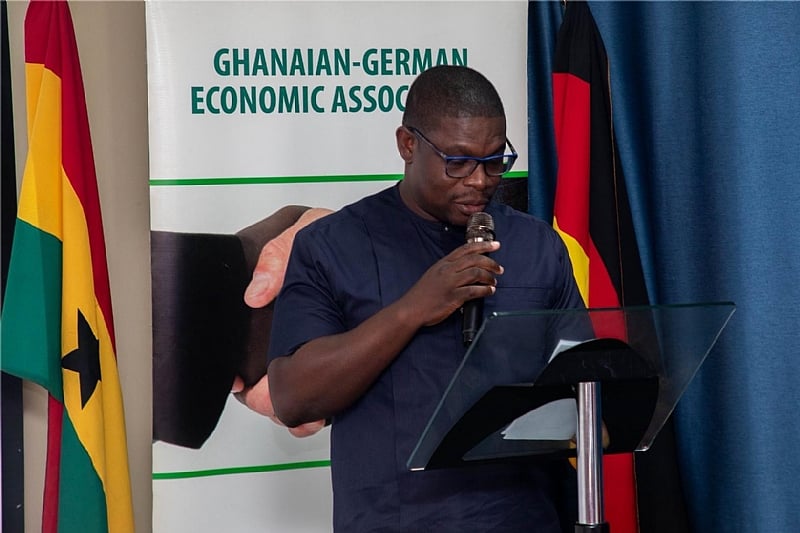Ghana’s energy sector presents a compelling investment opportunity, characterized by substantial growth potential and government support. The country’s increasing energy demands, driven by both population and economic expansion, create a favorable environment for investors seeking stable and long-term returns. Deputy Minister Richard Gyan-Mensah emphasizes the government’s commitment to fostering a predictable regulatory landscape, ensuring energy security, affordability, and universal access. This commitment provides a strong foundation for investor confidence, mitigating potential risks and promoting sustainable investment. Furthermore, the government’s focus on expanding infrastructure and diversifying energy sources reinforces its dedication to creating a robust and sustainable energy sector.
Ghana’s electricity demand is growing at a rapid pace of 300MW annually, coupled with a monthly petroleum product consumption exceeding 400,000 metric tons. These figures underscore the urgent need for investment in new generation capacity and infrastructure upgrades. The government’s plans for a second gas processing plant, with a capacity between 150-300 million standard cubic feet per day (mmscfd), signal the significant opportunities available for investors in the natural gas sector. This expansion will not only bolster domestic gas production but also enhance Ghana’s capacity to utilize natural gas for power generation, reducing reliance on more expensive and less environmentally friendly fuel sources. The construction of a new offshore mooring facility in Tema and expanded storage in Takoradi further demonstrate the government’s commitment to improving the efficiency and resilience of the petroleum supply chain.
The government’s focus extends beyond traditional energy sources to encompass renewable energy, reflecting a commitment to sustainable development and aligning with global trends toward cleaner energy solutions. The “Green Transition” initiative, championed by President Akufo-Addo, aims to significantly increase the share of non-hydro renewable energy in Ghana’s energy mix. The target is to raise this contribution from less than 3% to 10% by 2030, presenting a compelling investment opportunity in solar, wind, and other forms of renewable energy. This transition will not only diversify Ghana’s energy sources, enhancing energy security, but also contribute to reducing the country’s carbon footprint and promoting environmental sustainability.
Specific initiatives within the renewable energy sector include the rollout of 12,000 net-metered solar PV systems and the development of 35 mini-grids. These projects offer opportunities for investors interested in distributed generation and off-grid solutions, particularly in rural areas where access to electricity remains a challenge. The Ministry of Energy’s commitment to championing the Renewable Energy Authority Bill further underscores the government’s dedication to creating a conducive regulatory framework for renewable energy investment. This bill is expected to streamline the approval process for renewable energy projects, attract private sector participation, and accelerate the growth of the renewable energy sector.
In addition to focusing on generation capacity, the government is investing heavily in strengthening the transmission network to ensure reliable electricity supply across the country. GRIDCo, Ghana’s electricity transmission company, is undertaking projects to reinforce existing transmission lines and construct new ones to enhance the stability and capacity of the grid. These upgrades are crucial for accommodating the increasing electricity demand and integrating new generation sources, both conventional and renewable. The construction of a new 330kV line and a transmission line from Tamale through Bimbila to Kejebi, as well as the upgrade of the existing 69kV Asiekpe-Ho line to 161kV, are examples of the government’s investment in enhancing transmission infrastructure.
Ghana’s energy sector presents a compelling case for investors seeking opportunities in a growing market with strong government support. The combination of increasing energy demand, a commitment to regulatory stability, and a focus on both conventional and renewable energy sources creates a favorable investment climate. The government’s emphasis on infrastructure development, including new generation capacity, transmission upgrades, and storage facilities, further strengthens the appeal of Ghana’s energy sector. Investors have the opportunity to participate in a dynamic market that is poised for significant growth, while also contributing to Ghana’s sustainable development goals.














